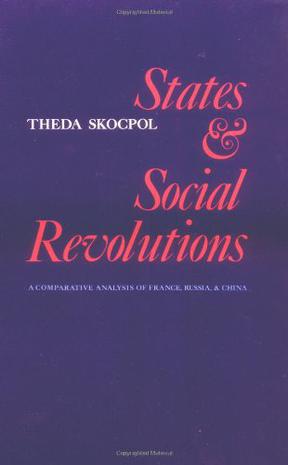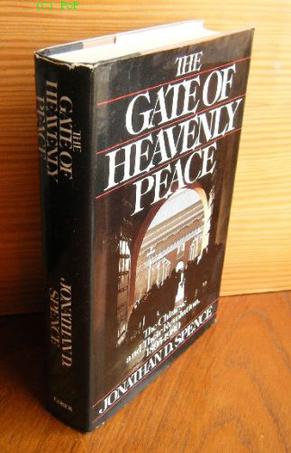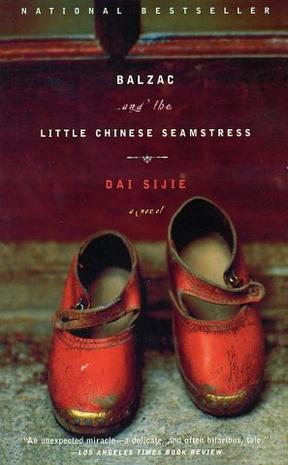The Gate of Heavenly Peace
Jonathan D. Spence
The Gate of Heavenly Peace guards the southern approach to the former imperial palace in the city that used to be called Peking. Until China's last dynasty fell in 1912, it was believed that through this gate ran the main axis of the Emperor's power. In the revolutionary decades that followed, it was a meeting place for political activists, students and workers, and after the Cultural Revolution, a place for the new leader, Chairman Mao, to review his Red Guards. In the late 1970s it became again a place of protest. The Gate of Heavenly Peace is thus at once a symbol of the aspirations of the Chinese people and an emblem of the state and its autocratic traditions.
This astonishing tour-de-force of historical narrative looks at the Chinese and their long revolution through the eyes of the men and women who were most caught up in its development. But, uniquely, Jonathan Spence places the familiar careers of the political leaders like Mao and Chiang Kaishek at the edge of his story. Instead he explores his theme through the lives and writings of those who were most sensitive to the processes of violent revolution, the great writers, insurrectionists, historians and poets of twentieth-century China.
Professor Spence's approach achieves the most unusual revelation. For the first time, the famous and extraordinary events of the last one hundred years --- the collapse of the nineteenth century empire, the first Chinese republic, the rise of the Guomindang, the Long March, the Communist triumph of 1949, and the Cultural Revolution --- are placed in the true context of Chinese life and literature. The unsung heroes and heroines of twentieth-century China are given their proper place in the story, and the great issues of modern Chinese history --- how should China modernise? what is the role of violence in a revolution against an authoritarian state? what are the first priorities for social justice? --- suddenly come alive with a richness and vitality that is lasting and unforgettable.
The Gate of Heavenly Peace makes it possible for us to understand a people whose society is only now just beginning to surrender some of its most fascinating secrets.
"A brilliant achievement" --- Professor John K. Fairbank
"An extraordinary book" --- San Francisco Herald
"A masterpiece of style and narration" --- Harold Bloom
"An unforgettable book of historical recreation" --- Theodore H. White, The New Republic
"Powerful and tremendously moving" --- American Historical Review
"A rare poetic intensity ... a genre of its own" --- Marina Warner, New Statesman
"Elegant, deceptively simple ... his combination of scholarship and artistry has produced a historical treasure" --- Philadelphia Inquirer


